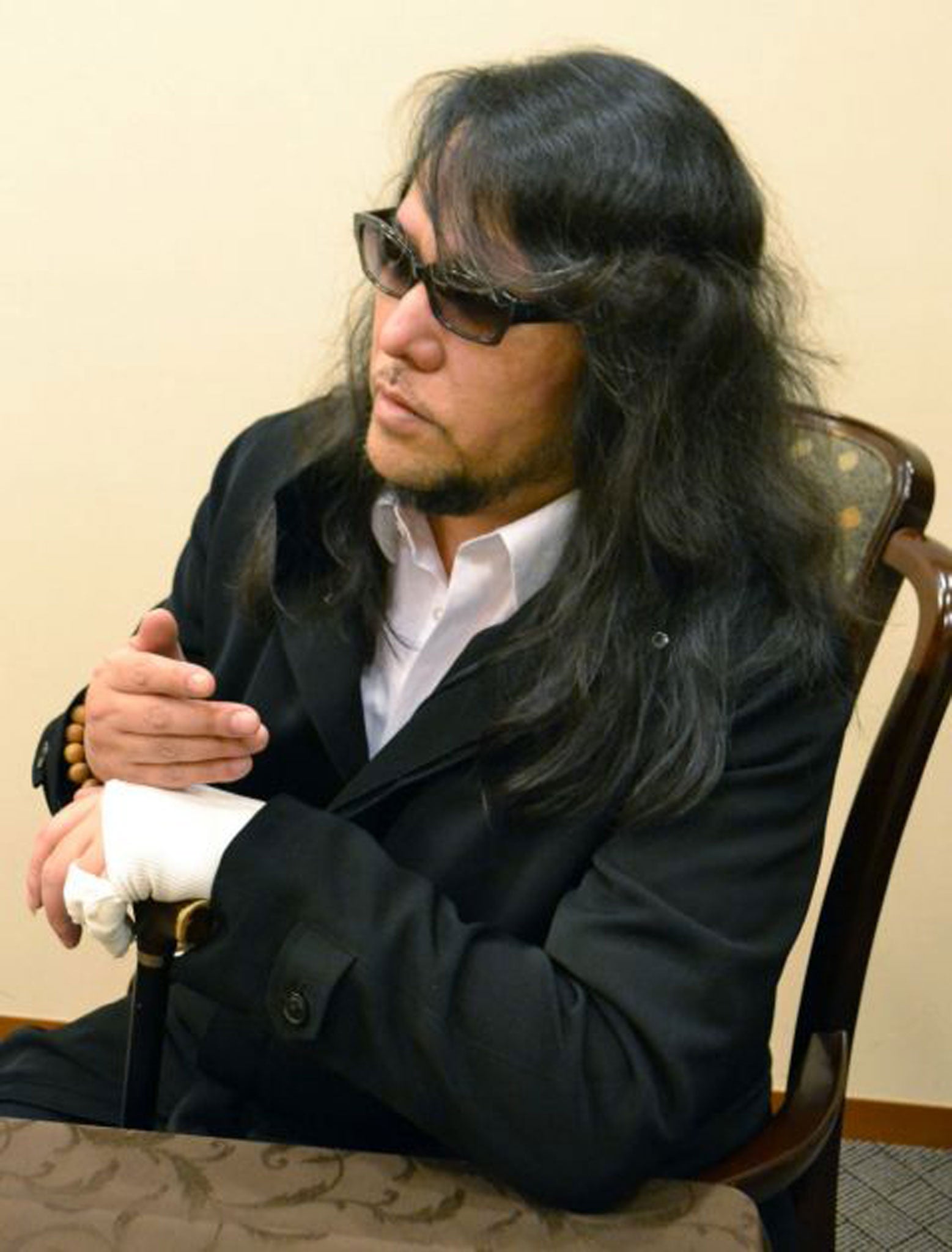Deaf Japanese composer apologises for paying 'ghost' musician to write pieces for him
Mamoru Samuragochi admitted betraying fans of his 'Hiroshima Symphony'

Your support helps us to tell the story
From reproductive rights to climate change to Big Tech, The Independent is on the ground when the story is developing. Whether it's investigating the financials of Elon Musk's pro-Trump PAC or producing our latest documentary, 'The A Word', which shines a light on the American women fighting for reproductive rights, we know how important it is to parse out the facts from the messaging.
At such a critical moment in US history, we need reporters on the ground. Your donation allows us to keep sending journalists to speak to both sides of the story.
The Independent is trusted by Americans across the entire political spectrum. And unlike many other quality news outlets, we choose not to lock Americans out of our reporting and analysis with paywalls. We believe quality journalism should be available to everyone, paid for by those who can afford it.
Your support makes all the difference.A deaf Japanese composer, hailed as a “digital-age Beethoven” for his acclaimed classical and soundtrack works, has apologised for betraying his fans after admitting that he paid a “ghost composer” musician to write his pieces for him.
Mamoru Samuragochi, 50, won international renown for his "Hiroshima Symphony", a tribute to those killed in the 1945 atomic bombing, as well as the music he created for video games including Resident Evil.
Samuragochi suffered from a degenerative condition that affected his hearing and became completely deaf at the age of 35. He continued to work and the quality of his compositions, allied to his deafness, prompted the Beethoven comparisons.
However this week a man claiming to be the composer’s mystery ghostwriter, Takashi Niigaki, issued a statement claiming that he had secretly worked for Samuragochi for 18 years.
Samuragochi has now admitted that he paid a “ghost” to produce his most renowned pieces.
He is believed to have given his ideas and images for the work he wanted to the “ghost”, who then composed the pieces.
Samuragochi said: “I started hiring the person to compose music for me around 1996, when I was asked to make movie music for the first time.
“I had to ask the person to help me for more than half the work because the ear condition got worse.”
A lawyer for Samuragochi said he was “deeply sorry as he has betrayed fans and disappointed others. He knows he could not possibly make any excuse for what he has done.” The disclosure had left him “mentally distressed”.
Samuragochi was taught the piano by his mother from age 4 and was playing Beethoven and Bach when he was 10. A self-taught composer, his hearing began to degenerate when he was 17.
In a 2001 Time magazine interview about his ability to compose despite his disability, Samuragochi said: “I listen to myself. If you trust your inner sense of sound, you create something that is truer. It is like communicating from the heart. Losing my hearing was a gift from God.”
His "Hiroshima Symphony", or "Symphony No. 1", said to express Samuragochi’s thoughts about atomic bomb survivors, was performed at a G8 commemorative conference held in Japan in 2008.
"Symphony No.1" became a huge classical hit, selling 180,000 copies. His record company Nippon Columbia said it was “flabbergasted and deeply infuriated” by the deception and has halted shipment of Samuragochi’s works, pending possible legal action.
A Japanese Winter Olympics medal hopeful, figure skater Daisuke Takahashi, has been caught up in the row. His programme in Sochi includes a dance to Sonatina for Violin, a “Samuragochi composition”, unveiled two years ago.
The revelations have embarrassed Japan’s public broadcaster NHK, which aired a documentary about Samuragochi last year, titled Melody of the Soul. It showed the musician touring the tsunami-battered Tohoku region to meet survivors and those who lost relatives in the 2011 catastrophe.
Reaction from Samuragochi’s fans on Twitter was mixed. Some compared him to Milli Vanilli, the 80s pop duo exposed for lip-synching to other singer’s voices.
Others were more sympathetic towards a musician, facing total deafness, who sought to find an outlet for his ideas but was now exposed as a fraud. There were also calls for the “ghost composer” to be given due recognition.
Join our commenting forum
Join thought-provoking conversations, follow other Independent readers and see their replies
Comments